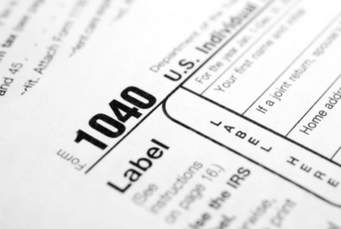October 9, 2017 by: Michael Collins
Investing in cryptocurrencies can present some real challenges at tax time. Well, that is for the few that actually report it on their tax returns. The IRS reported that in 2015, just over 800 tax returns (out of nearly 250 million returns filed) reported capital gains tax on bitcoin or other cryptocurrency transactions. That is about .00032% – a smaller ratio than the value of bitcoin to the dollar when the infamous pizza transaction occurred.
As a noob to cryptocurrency, the temptation to not report is understandable. But, alas, I am a CPA and tax avoidance wouldn’t bode well for my conscience or my license – especially given those darned ethics requirements. So, I will report any gains or losses I may incur and will suffer the tax consequences with grace.
The unfortunate part for those non-reporters is that the IRS has some pretty savvy folks working there and it didn’t take long for them to figure out that if the market cap for cryptocurrencies hovers around $150 billion, then there are probably more than 800 Americans making money on it.
Ruh Roh, Shaggy. It looks like what happens in the Mystery Van may not stay in the Mystery Van after all, especially given that the IRS has issued John Doe summonses to exchanges like Coinbase demanding they disclose the identities and activities of previously anonymous investors.
So, if you are an honest investor and plan to report gains and losses or if you are an, ahem, previously undisclosed investor looking to go back and amend a few tax returns before Uncle Sam comes knocking on the door with his “interest and penalties” stamp in hand, then I hope to help with a series of blog posts I plan to publish in the coming weeks.
I am open to other topics so feel free to send me suggestions but for now my rough plan is to provide posts related to the following topics.
- How to track gains and losses (even your purchase using Bitcoin at the local store might make you subject to Capital Gains taxes)
- The Cryptocurrency Tax Fairness Act of 2017 and what it means to you.
- Mining – It’s not a hobby, it’s a business!
- Trading your coin in a tax-sheltered, self-directed Roth IRA – (not necessarily as great as it sounds for serious investors but not a bad idea either.)
Here is a teaser… if you built a monstrous computer with four GPUs and have been mining coin for a while and your utility bill shot through the roof, The IRS may actually owe you some money instead of the other way around.
I hope you will follow me, upvote me and heck, maybe even send me some Bitcoin, which you can do by clicking here:Donate to the Crypto Tax Center. If you would like to see more about my thoughts on cryptocurrencies be sure to follow my blog and like my facebook page.
© Michael L. Collins

